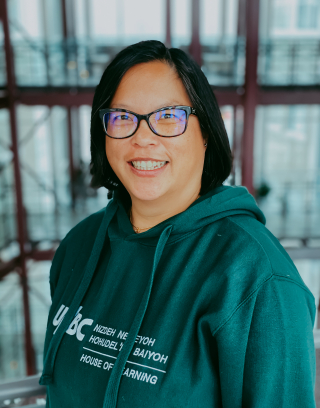
Here’s an extra blog post. I’ve been sick for the last 10-days or so and I’m not yet 100%, but I’m working on it. I have not left home, really, and I’ve been playing the fridge/freezer game as well. I love playing the game. I forces you to be creative with what you have (but also throw out all of the food that’s rotten or expired). Although I’ve been sick, it’s been a good way to slow down and recalibrate.
I had the hankering to blog again. I used to blog when I was inspired or wanted to, but the weekly created a good framework during the #pandemicreflections. That blog series got ridiculous when I thought it would be a dozen blogs, not 160. Now I’m thinking what the weekly tally is for? My last blog series ended when I came back from Italy. Maybe, this new blog series will end when I go back to Italy.
My friends and I were just chatting on FB Messenger with hopes and dreams for our “Turin 2025” trip and fantasies about co-owning a place in Verona. Ahhh… Dare to dream. Looking at properties in Italy together was so much better than my nightly scroll through MLS Prince George. It was so dreamy. It never hurts to have goals, but I’m also open to travel and going to places to learn and meet people.
This long weekend had been an excellent time to be grateful. First, I am very grateful for my health and I am determined not to take it for granted. Being sick has not been a great experience. I didn’t even bother testing if I had COVID. Based on Google, I had COVID and I have no idea where and when I got it. You cannot put your guard down. Oddly, being sick forced me to slow down and prioritize my time.
Second, I am grateful for my life. I have a place to live, I live with my kid, and I have a job I enjoy. I am always learning. It’s been a journey to get where I am today. I am often humbled and grateful for my friends and family for being there me. I feel that the journey is about feeling and being happy. I’m not sure what that exactly means, but I’m enjoying the path that I’m on now. The messiness was somehow worth it.
Finally, I am grateful for meandering through life. I am a bit slow, but I am ok with that. SLOW is not a bad thing. It’s my pace. I am learning about what brings me joy. I feel so thankful to my mentors. They are helping me to navigate the academia world and to figure out my research program. Whatever I am engaged in should be my passion and to focus on the process, not the outcome. Rejection is common.
I live a privileged life. I am so grateful to my parents who immigrated into Canada from Hong Kong. Although I am coming to terms with my ethnic identity as a second-generation Chinese Canadian and would like to learn more about my heritage as I embark on writing about book about my mom, I am so grateful for the sacrifices they have made to me and my siblings so that we can life a good life.

I miss my mom greatly and one of the things she said while I was taking care of her during her last 20-days was, “I’m missing out on my golden years.” My mom was 80. During the 20-days, I watched the 5-stages of grief with my mother. She was an amazing woman. You can’t play it safe all of the time and taking risks is part of the journey. My mom was a powerful person. She was a hard worker. I miss her much.
I’m guessing why I am brought to this blog post is to realize that maybe my mom and my journey into book writing will be part of blogging as well as developing my research program. Because I’m not tenure-track, I am really working at my own pace and my research is really just for me, which I would in turn share with others. This aha brings me a lot of solace. I am finally where I want to be. I am grateful.












